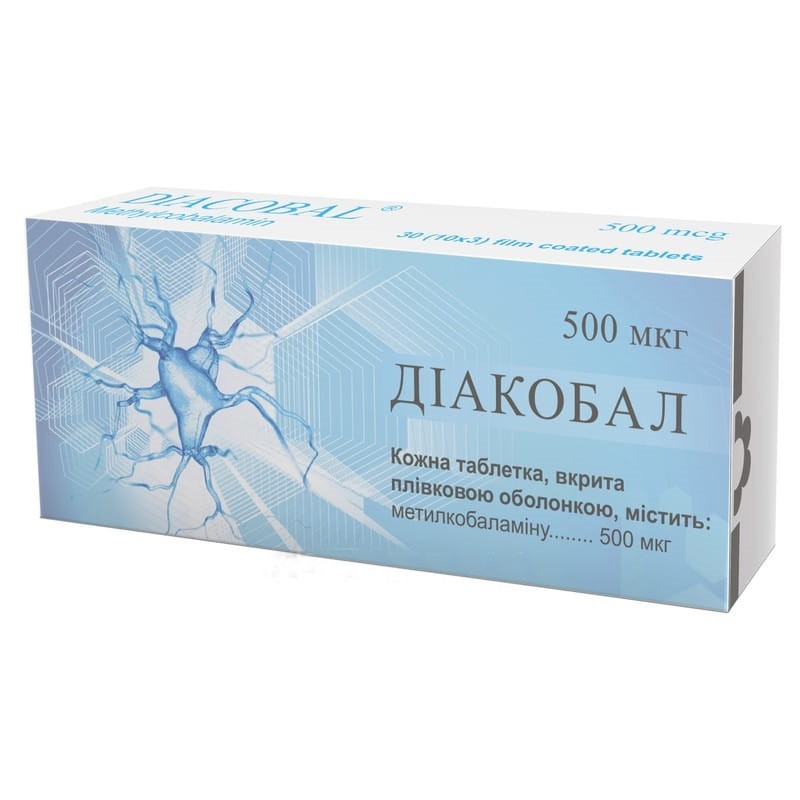



 Secure and encrypted payment processing
Secure and encrypted payment processing We ship to over 40 countries including the USA, UK, Europe, Australia and Japan
We ship to over 40 countries including the USA, UK, Europe, Australia and Japan Guaranteed refund or reship if you haven't received your order
Guaranteed refund or reship if you haven't received your ordermethylcobalamin is one of the active forms of vitamin b12. Vitamin B12 is needed for the synthesis of nuclear protein and myelin, cell reproduction, normal growth and normal erythropoiesis. Compared to other forms of vitamin B12, methylcobalamin at the subcellular level is better transported to the organelles of neurons. It is thanks to this property that it is more effective in the treatment of diseases of the nervous system.
Methylcobalamin is a coenzyme of methionine synthase, an enzyme involved in the conversion of homocysteine to methionine in the methylation of proteins and DNA. It is known that methylcobalamin normalizes axonal transport of protein complexes and promotes axon regeneration. Methylcobalamin also promotes myelination of neurons by stimulating the synthesis of phospholipids. In addition, methylcobalamin restores delayed synaptic transmission and reduces the content of neurotransmitters to normal levels.
The use of therapeutic doses of methylcobalamin promotes detoxification processes in the nervous system due to an increase in the content of tetrahydrofolate. Also, methylcobalamin promotes the conversion of homocysteine to S-adenosinemethionine, which is a universal donor of methyl groups, causing activation of transmethylation reactions.
Pharmacokinetics With a single oral administration of the drug on an empty stomach in single doses of 120 mcg and 1500 mcg in healthy adult male volunteers, the peak concentration of total vitamin B12 in blood plasma is reached after 3 hours, this indicator is dose-dependent. 40–90% of total B12excreted in the urine 24 hours after administration, are excreted within the first 8 hours
With further repeated oral administration at a dose of 1500 mcg / day for 12 consecutive weeks, peak concentrations of total vitamin B were determined in healthy adult male volunteers12 in blood plasma up to 4 weeks after the last dose. The concentration in the blood plasma increases during the first 4 weeks after the start of administration, reaching a level that exceeds the initial value by about 2 times. After this, a gradual increase is observed, which reaches a maximum, which is 2.8 times more than the initial value, at the 12th week of taking the drug. The plasma concentration decreases after the last dose (12 weeks), but still exceeds the initial value by 1.8 times 4 weeks after the last dose.
Peripheral neuropathy.
The drug is administered orally to adults.
The recommended daily dose is 1,500 mcg (3 tablets), which is divided into 3 doses.
The duration of the course of treatment depends on the nature and course of the disease and is determined individually. In the absence of a clinical effect after continuous use of the drug for 1 month, the drug should be discontinued.
Hypersensitivity to methylcobalamin or other components of the drug.
Erythremia, erythrocytosis.
Neoplasms, except in cases accompanied by megaloblastic anemia and vitamin B deficiency12.
Acute thromboembolic disease.
Angina of exertion of high functional class.
From the digestive tract: anorexia, nausea, vomiting, diarrhea.
From the nervous system: irritability, headache, dizziness, migraine, severe anxiety disorders, agitation, insomnia.
From the cardiovascular system: accelerated heartbeat, tachycardia, heart pain.
On the part of the immune system: hypersensitivity reactions, including urticaria, anaphylactic shock, anaphylactoid reactions.
From the musculoskeletal system: muscle pain, joint pain.
On the part of the skin: itching, rash, acne.
On the part of the blood system and lymphatic system: thrombosis, hypercoagulation.
Common disorders: increased sweating, malaise, fever.
The drug should be used with caution in patients with manifestations of allergies, a history of liver disease.
Long-term use of high doses of the drug is not recommended for patients whose professional activity is associated with mercury or compounds containing mercury.
Vitamin B is not recommended.12 with drugs that increase blood coagulability. During the treatment period, it is necessary to monitor peripheral blood counts. Concerning patients with a tendency to thrombosis and patients with angina pectoris, it is necessary to use caution and control blood coagulation during treatment.
With a tendency to develop leuko- and erythrocytosis, the dose of the drug must be reduced or temporarily suspended.
Use during pregnancy and lactation. There is no data on the safety of the drug during pregnancy and lactation.
Children. The use of the drug is contraindicated in children (under the age of 18 years).
The ability to influence the reaction rate when driving vehicles or working with other mechanisms. There is no data on the effect on the reaction rate when driving or working with other mechanisms. Studies of the effect on the reaction rate when driving vehicles or working with other mechanisms have not been conducted.
Concomitant administration with folic acid improves the absorption and assimilation of methylcobalamin.
Other preparations containing vitamin B should not be given at the same time.12.
Chloramphenicol reduces the hematopoietic response of reticulocytes to the drug. If such a combination cannot be avoided, it is necessary to carefully monitor blood counts.
Medicines that May Reduce Vitamin B Absorption12: aminosalicylic acid, antibiotics, colchicine, cholestyramine, N blockers2receptors, metformin, neomycin, nitrous oxide, phenytoin, phenobarbital, primidone, proton pump inhibitors, zidovudine.
With simultaneous use with thiamine, the risk of developing allergic reactions caused by thiamine increases.
Oral contraceptives lower vitamin B levels12 in blood.
Symptoms: nausea, vomiting, dizziness, agitation, tachycardia.
Treatment: symptomatic and supportive therapy.
At a temperature not exceeding 25 ° C.